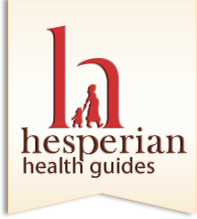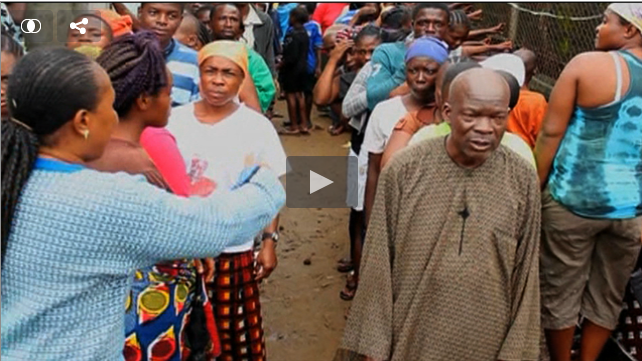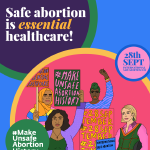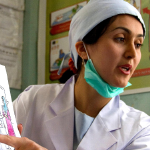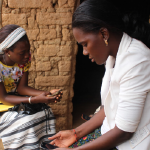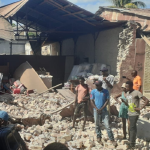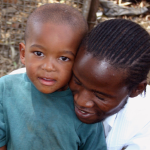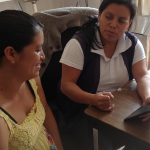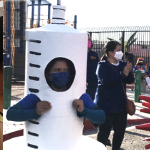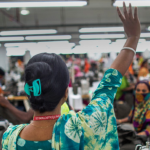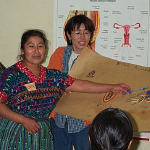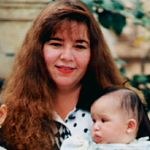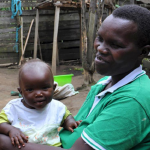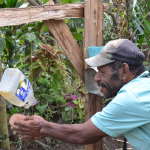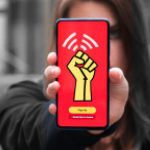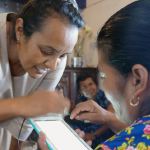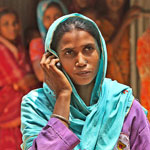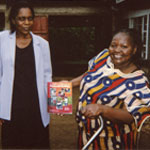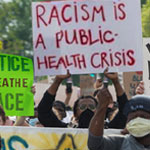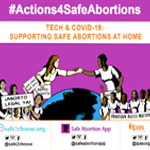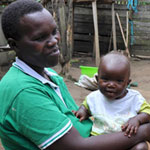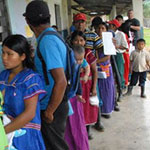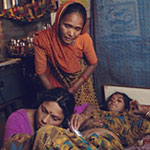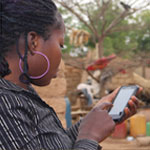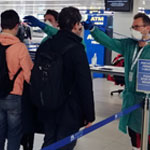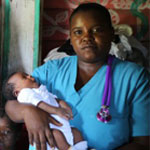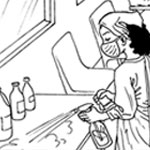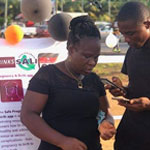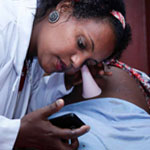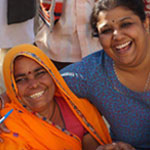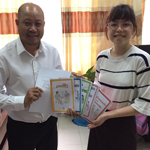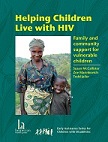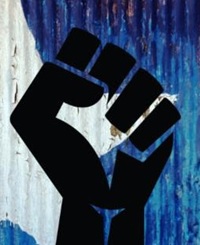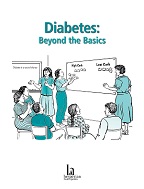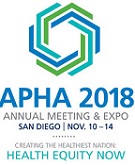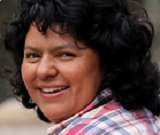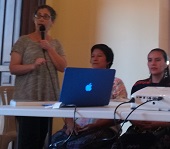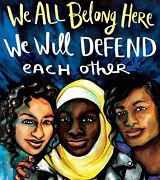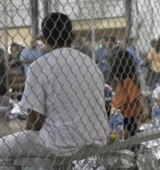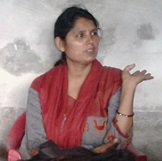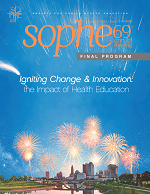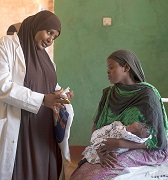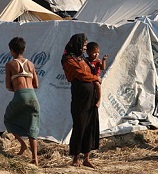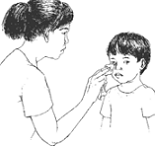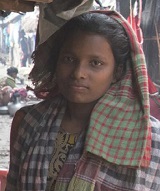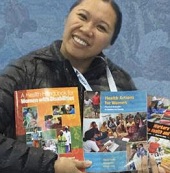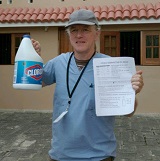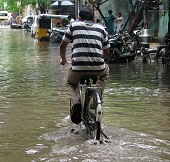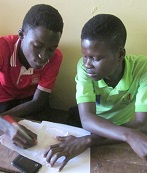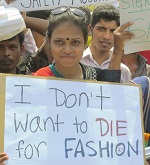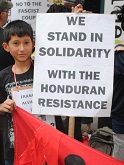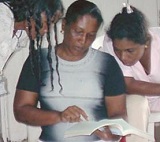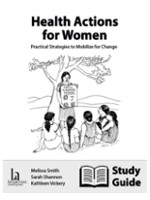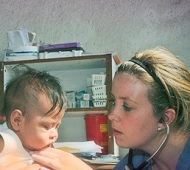Health workers in West Africa have been among the hardest hit by the recent Ebola outbreak, risking their own health and safety to care for others during this devastating epidemic. Health workers in affected countries need our support to protect themselves and others; when safe and healthy, they are our best defense against the further spread of Ebola. Consider supporting the work of Friends of the Earth International and Last Mile Health, two organizations that are equipping health workers in Liberia with the equipment and training they need to stay safe and save lives. This most recent outbreak has shown that when we do not provide sufficient support, clinics shut down and people lose confidence in their medical systems.
If you or your colleagues are working directly with Ebola patients, we’ve compiled a list of fact sheets and resources that can help in your work:
- CDC Factsheet: Ebola Hemorrhagic Fever
- CDC Ebola questions and answers
- WHO Global Alert and Response
- Screening suspected patients for Ebola Virus Disease (EVD) in healthcare facilities
- Standard Operating Procedures for Ebola Virus Disease Contact’s Self Care
- Clinical Management of Patients with Viral Haemorrhagic Fever: A Pocket Guide for the Front-line Health Worker
- Psychosocial support during an outbreak of Ebola virus disease
- An example from Cote d’Ivoire: preventative education
Improved treatment efforts are only one piece of the puzzle. In an interview on Democracy Now, Paul Farmer points that the outbreak is “a reflection of long-standing and growing inequalities of access to basic systems of healthcare delivery.” Disparities in treatment illustrate how deep the inequities run – while infected US doctors have been carefully quarantined, in West Africa sick people have been incarcerated in slums and subject to food shortages. As we strive to control and eventually end Ebola, we must do so without losing sight of basic human rights, which Farmer notes include “the right to healthcare, the right to compassion, the right to psychosocial support.”
Thanks for supporting Hesperian.
Don’t forget to submit your health materials in Swahili before August 30th! Prizes for contest winners include a complete library of Hesperian books in English and a blog piece featuring your organization on Hesperian’s website.
